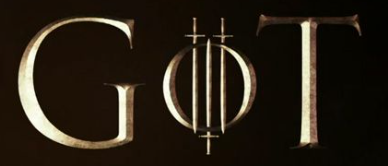CREATIVITY BUSINESS BARRIERS
What is the biggest barrier to creativity in business? Fast Company did a survey of its Most Creative People list to help us understand the barriers to creativity in the business world (“Most Creative People” February 2014, pp. 47–51). The results are quite interesting (p. 49).
Although people love to complain about the government, office politics, and workplace conflict, these items were very much in the extreme minority. Only 1% deemed government as the biggest barrier to creativity in business, 2% cited office politics, and 3% said workplace conflict. After we get those small potatoes out of the way, the serious factors come to light.
Quarterly profit demands was cited as the biggest barrier by 11%. This is significantly larger than the aforementioned barriers, but not nearly as big as the top three. The number three barrier at 23% was bureaucracy, the number two barrier at 28% was inertia, and the top barrier at 32% was fear of the new.
I see the 11% quarterly profit demands somewhat in combination with the 23% bureaucracy. I can definitely understand how those two can be a significant creativity barrier. I think we have all experienced those Dilbert moments a time or two.
I definitely see the top two as intricately related to each other. Inertia and fear of the new feed each other. How convenient, especially because combined they give us a score of 60%.
Think about that. The majority reason most of us are not more creative in our business is due to self-imposed limitations. Only I can throw off my inertia and my fear of the new. I am the one and only person who can do that. It is not someone else’s call. It is mine and mine alone.
Do you want to be more creative in your business? Then step up to the challenge of conquering your inertia and your fear of the new. Inertia and fear of the new are not doing you any favors, so why even entertain them?
It is a very sad day when we let inertia and fear of the new thwart the creativity we could otherwise birth in our business. Do not let that happen. Instead, use your creativity to make something good happen.










